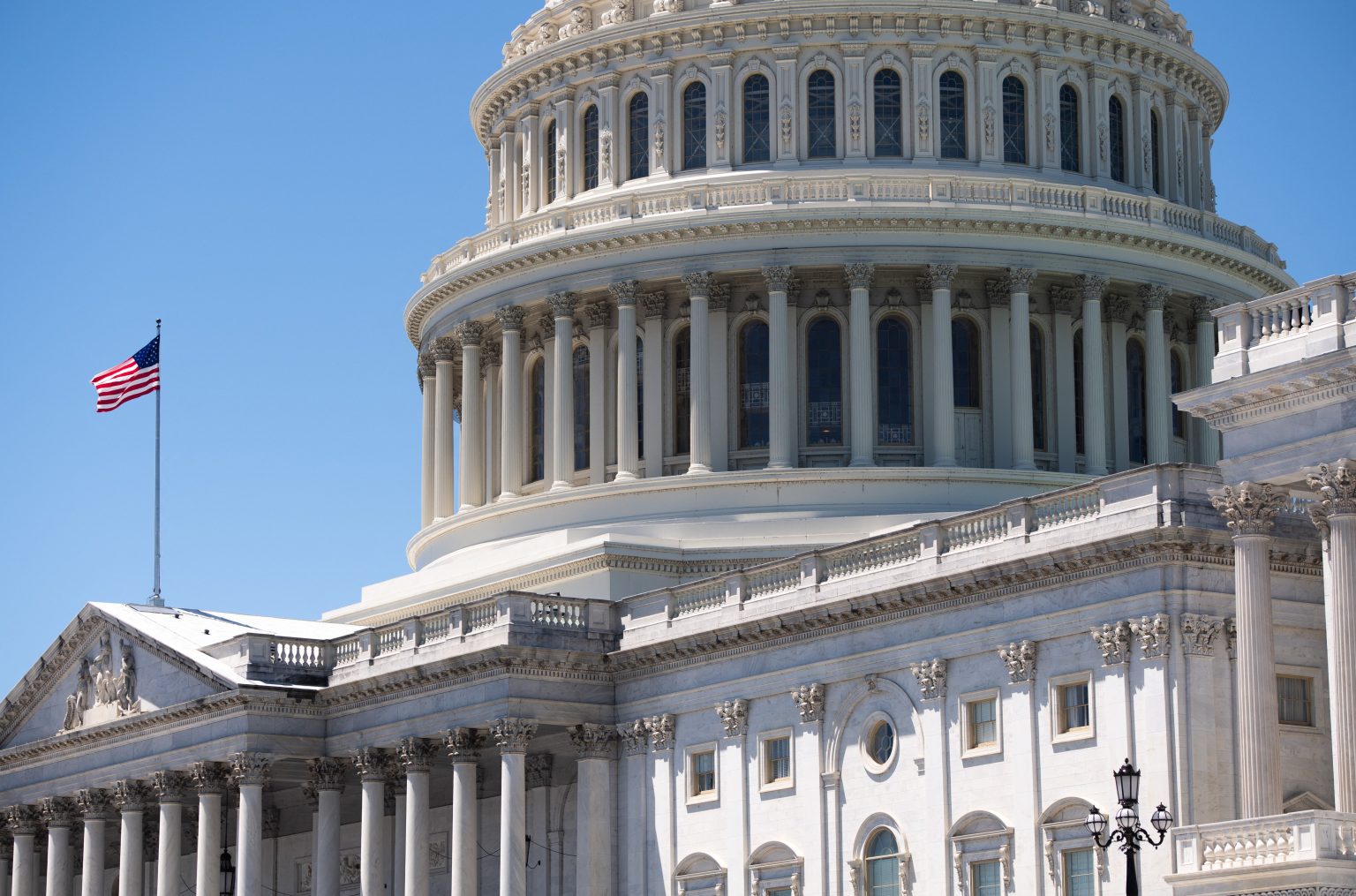A new analysis has highlighted significant governance challenges in the United States, warning that democratic accountability and state capacity have declined sharply since 2015. The findings come ahead of the upcoming presidential election, raising concerns about the efficacy of the country’s political system, particularly in key swing states.
The research, conducted by the Luskin School of Public Affairs at the University of California Los Angeles (UCLA), the Berggruen Institute in Los Angeles, and the Hertie School in Berlin, paints a troubling picture of the state of US democracy. According to the study, democratic norms have weakened across multiple levels, posing a threat to electoral integrity and public trust in the system.
Sharp Declines in Accountability
Democratic accountability – the ability of citizens to hold their elected officials to account through electoral, social, and institutional mechanisms – has been eroding over the past several years. In 2015, the US scored 92 out of 100 in terms of electoral accountability, but by 2021, that score had dropped to 82.
This decline is particularly concerning in the context of electoral integrity, with key swing states such as North Carolina, Pennsylvania, Wisconsin, and Georgia showing significant reductions in democratic norms. The report warns that this trend could have “critical consequences” for future elections, with citizens’ power to influence their representatives being increasingly diminished.
The researchers behind the Berggruen Governance Index (BGI) suggest that the voice of the American electorate is being undermined. “The power of the American people’s voice will be diminished – both in terms of their electoral influence and the capacity of social institutions to check elected officials once in office,” they note.
Challenges to Electoral Engagement
Voter turnout in the US, though it improved in 2020, remains low compared to other advanced democracies. The 66 per cent turnout in the last election lags behind figures seen in most Western European nations, where turnout rates between 2018 and 2022 have generally been higher.
The report also highlights the “outsized role of money in politics” as another significant issue affecting the US political system. Landmark decisions by the US Supreme Court to remove restrictions on campaign spending have further skewed the playing field, with wealthier interests now having a greater influence on election outcomes. The study concludes that this dynamic has marginalised the voices of average citizens, creating a political landscape that prioritises the interests of a few over the many.
Long-Term Governance Challenges
Beyond the immediate electoral concerns, the findings point to broader issues of governance that have developed over time, affecting not only democratic accountability but also state capacity and public goods provision. The researchers suggest that these challenges will persist regardless of the outcome of the upcoming election.
While a Democratic administration may be better positioned to address some of these issues compared to one led by former president Donald Trump, the report warns that both scenarios face significant hurdles. The erosion of democratic norms and institutions, it argues, will require sustained efforts and reforms to reverse.
The full report is available via the Berggruen Institute’s Governance Index and offers a stark reminder of the need for greater political accountability in the US.


